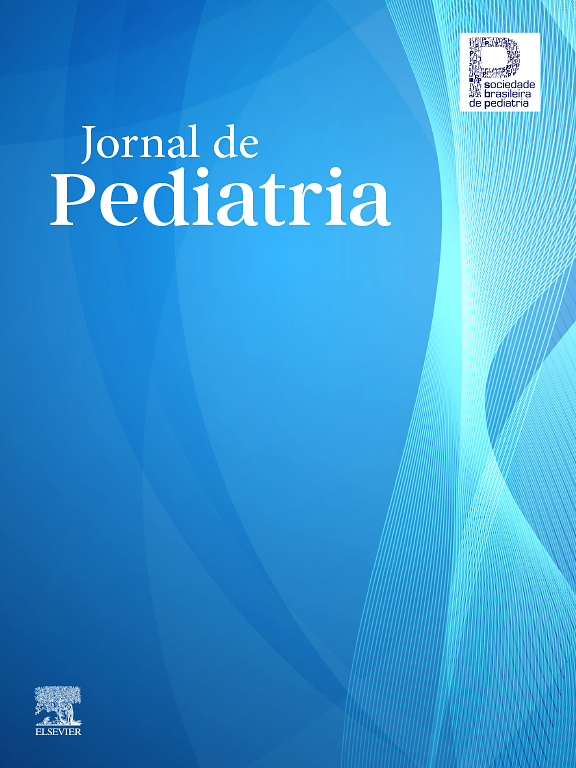Three institutions worked together in order to combat early weaning in a peripheric district of Belo Horizonte (Brazil): the Department of Pediatrics of the Faculty of Medicine (Federal University of Minas Gerais), the Secretary of Health of Belo Horizonte and a Brazilian assistential institution (-LBA-). One initial survey, in 1980, documented breast-feeding practices in this community, when there were no systematized actions of incentive to human milk, at local or national levels. Two similar surveys were also conducted, in 1986 and in 1992. In each one, 152 mothers with children under two years old were randomly selected and interviewed. The results showed significant progress in the breast-feeding period in the first six years, and a stabilization between 1986 and 1992. For example: if only 39.0% of the children received human milk for six months or more in 1980, 54.3% received it in 1986 and 52.4% in 1992. In 1980, 80.6% of the children were nourished with cow's milk before three months of age, to 56.5% in 1986 and 56.3% in 1992. Prenatal influence to increase the level of breast-feeding has always been weak. Besides, a reflux was detected in the last few years with regard to the participation of the maternity hospital in the educative process.
The Impact Factor measures the average number of citations received in a particular year by papers published in the journal during the two preceding years.
© Clarivate Analytics, Journal Citation Reports 2025
SRJ is a prestige metric based on the idea that not all citations are the same. SJR uses a similar algorithm as the Google page rank; it provides a quantitative and qualitative measure of the journal's impact.
See moreSNIP measures contextual citation impact by wighting citations based on the total number of citations in a subject field.
See more








